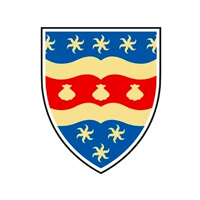fees waived
Civil and Coastal Engineering, BEng (Hons)
University of Plymouth, United Kingdom
Costs
food & rent S$18.8k / year
Entry requirements
Scholarships
Unlimited quantity
Unlimited quantity
Unlimited quantity
Limited quantity
Information
Code
Code
Intakes
Website (External)
Programmes
Information
Duration
2029
Our Coastal Engineering programme equips graduates with civil engineering expertise combined with specialised skills for designing resilient infrastructure in coastal environments, addressing challenges like flooding, climate change, and sustainability. Ranked eighth globally in the Academic Ranking of World Universities for Marine/Ocean Engineering, our BEng (Hons) is accredited by leading bodies including the Institution of Civil Engineers and the Engineering Council, fulfilling requirements for Incorporated Engineer registration and partially for Chartered Engineer. Students benefit from state-of-the-art facilities in our £19 million Marine Building, industry placements, and opportunities to develop professional skills such as project management and sustainable design.In the first year, you'll study foundational principles in engineering materials, mechanics, and design alongside peers. The second year delves into structural analysis, geotechnics, fluid dynamics, and coastal engineering, with options to switch programmes. An optional paid placement year builds practical experience, while the final year focuses on advanced topics and an individual project using cutting-edge labs. Assessment comprises 45% exams and 55% coursework, supported by expert faculty and a mentoring network.
A local representative of University of Plymouth in Singapore is available online to assist you with enquiries about this course.

